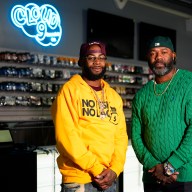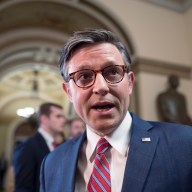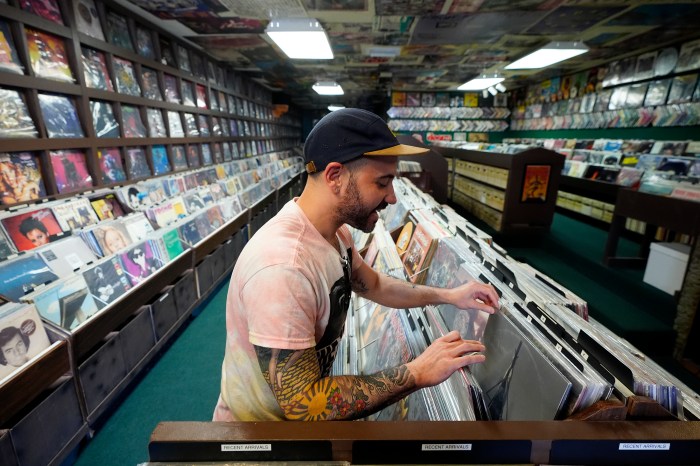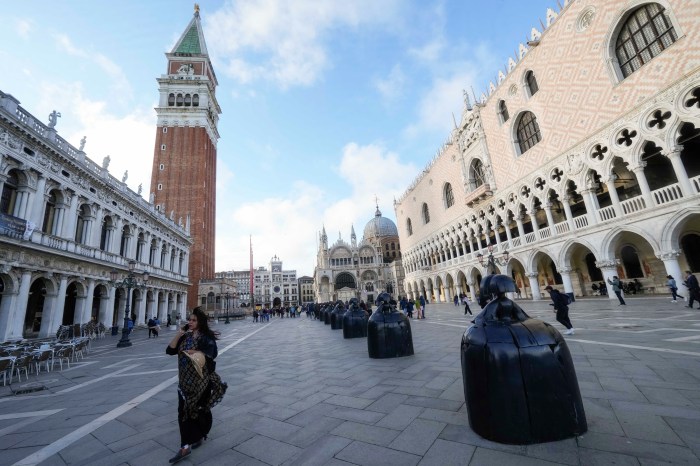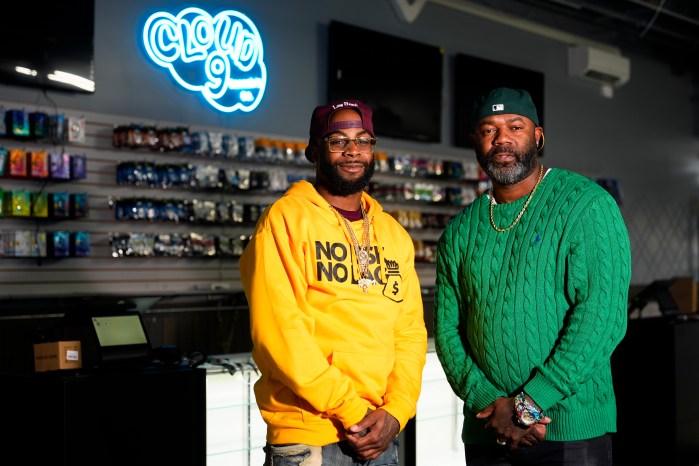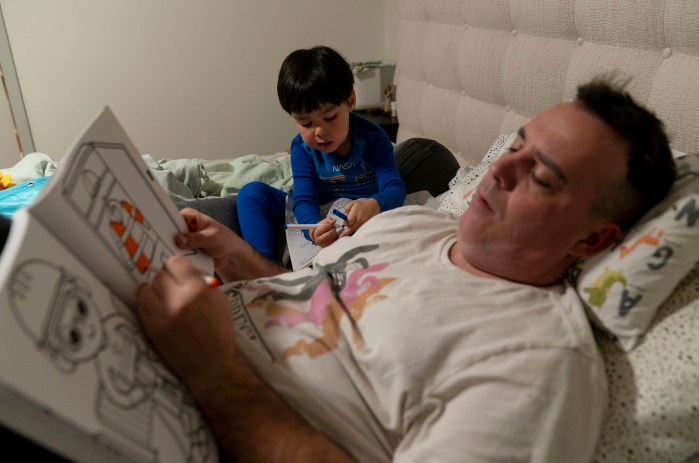When I became pregnant with my son, I found myself worrying about the state of the world I was bringing my child into. The more I learned about the threats facing our planet, the more committed I became to advancing solutions wherever I could. At home, I bought green cleaning products and used cloth diapers instead of disposable plastic diapers. At work, I made ‘The Closer’ a model for the modern sustainable studio set, minimizing plastic use, and using recyclable water containers, compostable utensils, and bio-fuels whenever possible.
One of the things we all must rethink on a personal, local and global level is the disposable plastic water bottle. Plastic pollution kills and injures wildlife, and studies are now being done to learn whether it is poisoning fish, which is globally the most important source of protein for humans.
From floating plastic trash in the middle of the ocean, to tiny pieces of degraded plastic washing up on beaches, pollution is pervading our waters. This is not just an aesthetic problem – it’s an environmental and economic one. Fish, turtles, sea birds and marine mammals are hurt or killed when they get tangled in plastic waste or mistake it for food. Coastal economies are forced to pay to clean up trash clogging storm drains and posing health risks.
Fortunately, we know how to make things better. The best way to address our global plastic problem is to stop it at the source. This means reducing the amount of disposable plastic we create, and making sure what plastic we do create is properly recycled. We can encourage the global public to embrace reusable bags, bottles and containers. We can support better public water supplies so people aren’t forced to buy bottled water for something healthy to drink. We can require that manufactures make less plastic, and recycle. But this alone won’t do.
I recently joined leaders and activists at the United Nations to prepare for upcoming Rio+20 Earth Summit in Brazil. I joined the Natural Resources Defense Council in hosting an event to launch of the Global Call to End Plastic Pollution, featuring U.N. officials and leading international experts in the field. We have a tremendous opportunity to mobilize world governments to commit to tackling their countries’ contribution to the problem. If the world’s leaders have the will, we know we can end plastic pollution within our lifetime, and pass on a better future for our children. 







